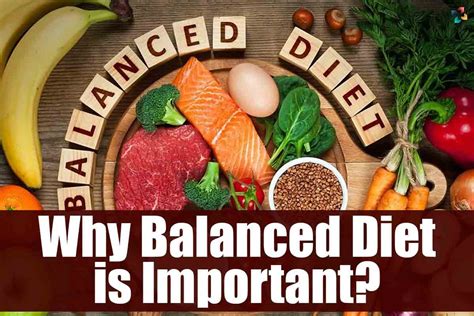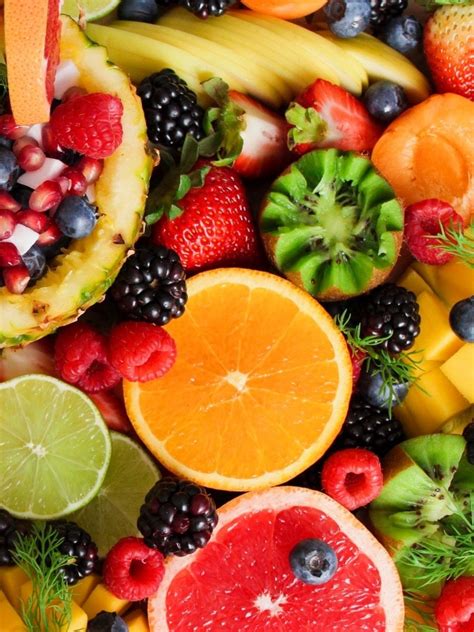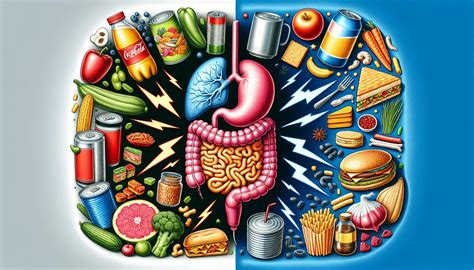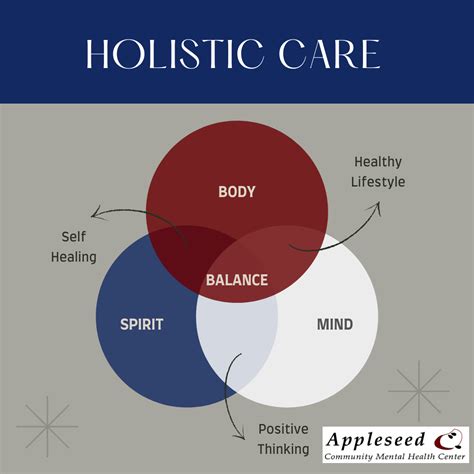What diet changes optimize men’s testosterone levels for peak vitality?

Understanding Testosterone’s Role and Dietary Impact
Testosterone, the primary male sex hormone, plays a crucial role in far more than just libido. It influences muscle mass, bone density, fat distribution, red blood cell production, and even mood and energy levels. As men age, testosterone levels naturally decline, but lifestyle factors, particularly diet, can significantly impact these levels, either accelerating their decrease or supporting their optimal production. Fine-tuning your nutritional intake is a powerful strategy to naturally optimize testosterone and unlock peak vitality.

The Essential Role of Healthy Fats
Contrary to outdated advice, dietary fats, especially healthy ones, are absolutely critical for testosterone production. Cholesterol, derived from fats, is a precursor to steroid hormones, including testosterone. Restricting healthy fats can inadvertently lower your testosterone levels.
- Monounsaturated Fats: Found in avocados, olive oil, and nuts (almonds, cashews), these fats are linked to healthy hormone function.
- Polyunsaturated Fats (Omega-3s): Rich in fatty fish (salmon, mackerel), flaxseeds, and walnuts, Omega-3s reduce inflammation and support overall cellular health, indirectly aiding hormone production.
- Saturated Fats: While overconsumption should be avoided, moderate amounts from sources like red meat, eggs, and coconut oil can also play a role in testosterone synthesis. The key is balance and quality sources.
Protein for Muscle, Carbs for Energy & Hormone Balance
Adequate protein intake is fundamental for muscle repair and growth, which is intrinsically linked to healthy testosterone levels. Aim for lean protein sources at every meal.
- Lean Proteins: Chicken breast, turkey, lean beef, eggs, fish, and plant-based options like lentils and beans provide the amino acids necessary for hormone synthesis and muscle maintenance.
Carbohydrates often get a bad rap, but complex carbohydrates are vital for energy, recovery, and preventing cortisol (a stress hormone that can inhibit testosterone) spikes. Focus on whole, unprocessed sources.
- Complex Carbohydrates: Oats, brown rice, quinoa, sweet potatoes, and whole-grain breads provide sustained energy, stabilize blood sugar, and support overall endocrine health. Avoid excessive refined sugars and simple carbs that can lead to insulin resistance and hormonal imbalance.
Key Micronutrients for Testosterone Synthesis
Several vitamins and minerals act as cofactors in testosterone production. Deficiencies in these can significantly hinder your body’s ability to produce the hormone.

- Zinc: This mineral is directly involved in testosterone production. Good sources include oysters (renowned for their high zinc content), red meat, shellfish, beans, nuts, and dairy products.
- Vitamin D: Often called the ‘sunshine vitamin,’ Vitamin D functions like a steroid hormone in the body and is strongly correlated with testosterone levels. Fatty fish, fortified dairy, and sun exposure are key. Many men benefit from supplementation, especially in less sunny climates.
- Magnesium: Found in leafy green vegetables, nuts, seeds, legumes, and whole grains, magnesium helps reduce oxidative stress and improves the bioavailability of testosterone.
- Vitamin K2: Emerging research suggests a role for K2 in testosterone production, found in fermented foods, grass-fed butter, and egg yolks.
Foods and Habits to Limit or Avoid
Just as some foods boost testosterone, others can actively suppress it or disrupt hormonal balance:
- Excessive Sugar and Refined Carbs: These lead to insulin spikes, which can reduce testosterone and increase fat storage, particularly visceral fat around the abdomen, known to be hormonally active in a negative way.
- Processed Foods and Trans Fats: High in unhealthy fats and often sugar, these foods promote inflammation and negatively impact overall health, including hormone regulation.
- Excessive Alcohol: Chronic heavy drinking can damage the testes, leading to reduced testosterone production. Moderate consumption may be acceptable, but excessive intake is detrimental.
- Soy Products (in excess): While some soy in moderation is fine, very high intake of unfermented soy products may have estrogenic effects in some individuals, potentially impacting testosterone levels.

Hydration and Overall Lifestyle Factors
Don’t underestimate the power of simple hydration. Water is essential for every bodily function, including hormone transport and nutrient absorption. Beyond diet, integrating regular strength training, getting sufficient quality sleep, and managing stress are equally critical pillars for optimal testosterone and peak vitality.

Conclusion
Optimizing testosterone levels through diet isn’t about quick fixes or exotic supplements; it’s about a consistent, nutrient-dense approach. By prioritizing healthy fats, quality proteins, complex carbohydrates, and essential micronutrients, while limiting detrimental foods, men can significantly enhance their natural testosterone production. This dietary strategy, combined with a healthy lifestyle, forms a powerful foundation for improved energy, strength, mood, and overall vitality, paving the way for a more robust and energetic life.









